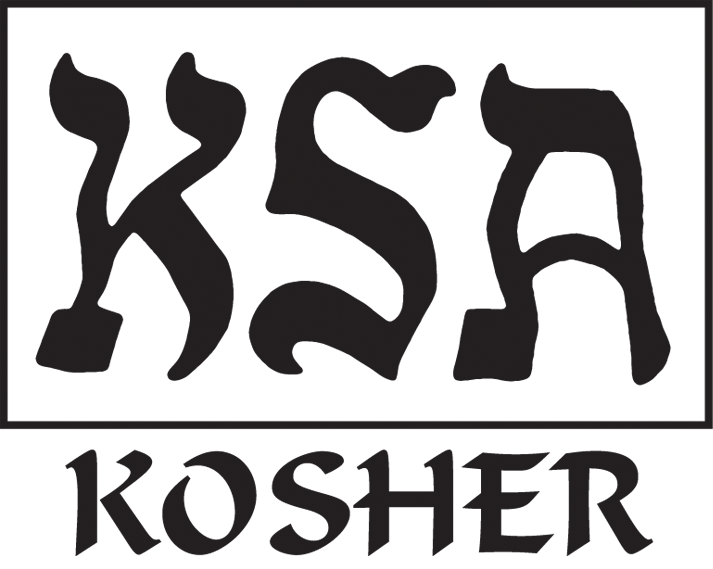Daniel Green was an established musician who jammed with blues legend Marc Ford and toured the US when he felt the need to change his day job. Green, with 15 years of experience working in sales in the fashion industry, wanted to be his own boss.
Green first had the notion of importing sweet-tasting beers or ciders, but when he was introduced to Pasek wines, “my jaw dropped to the floor,” he says. “I felt this was my product.”
Pasek Cellars, from Mount Vernon, Washington, is a family-owned business managed by Dave and Judy Pasek. They produce wines from blueberries, blackberries, cranberries and raspberries, fruits not common to this region.
“I bought a few bottles and took them home to see if my intuition was correct,” Green said. “I hosted an evening of wine tasting at my house and everyone – everyone – said this is unlike anything they ever tried before.”
While researching if anyone else was importing Pasek wines or anything similar to the country, he discovered that he really had found something Israelis didn’t know about. The country already had port wines, pomegranate wines, even pear wines – but no blueberry wines. In addition, similar products made in Russia or Eastern Europe did not have the high standard Green was looking for, since they usually added alcohol or flavoring in the process.
“I called Pasek Cellars and introduced myself,” he said, “and there was a pause on the other end. And the woman – Judy, Dave’s wife – asked: “Isn’t Israel very far away?”
Not only was Israel far away, but Green unexpectedly ran into a linguistic argument with the Standards Institution of Israel. Their point of view was that in Hebrew-speaking culture, the word “wine” (yain) refers exclusively to grape-produced drinks. Other fruit-based drinks should be called ale (Shaichar).
Green, already concerned that blueberry wine might seem odd for the Israeli consumer, was worried that labeling it as ale might appeal to Israelis familiar with the drink from The Hobbit or the Nordic sagas – and leave out everybody else. The solution was to label it as wine in English on the front of the bottle, and as ale in the Hebrew description on the back.
Another consideration was kashrut (kosher status). Green realized he needed a label with kosher certification, not a 20-minute lecture on kashrut law. “I even had a restaurant serving shrimp asking me for a kashrut label,” he laments, “and I said, you are a non-kosher restaurant! Why should you care? The answer was that they don’t do the religious thinking for their clients; some patrons do eat shrimp and also request a kosher wine.”
The solution came from Los Angeles-based Kosher Supervision of America (KSA), which was willing to take on the project. As of 2018, the wine Green sells enjoys a Kashrut label.
The wines produced by Pasek are designed to be fruits in liquid form. Cranberries happen to contain a lot of flavonoids, which are antioxidants. Not only is eating antioxidant-rich foods healthy for humans, the wines can be kept open for longer than usual, since they don’t age at the same rate as those that are grape-based.
No extra alcohol is introduced into the mixture; it is all produced from the natural sugar in the fruit- nor are artificial flavors added. But since all of the sugar becomes alcohol, some beet-based sugar is added after fermentation to restore the sweetness of the original fruit.
Green shared an interesting factoid. While most of the fruits are harvested by machines, cranberries are picked by hand because “machine-picking causes them stress, and the stress changes the way the fruit tastes,” he explains.
Green began bringing Pasek Cellar wines to Israel in 2016 and chose to market them himself, taking the wine he so much believes in across the country. He says that in the 2017 Jerusalem Wine festival, “I was told by the organizers that this wine was the biggest success of the event.”
Green believes in his product, explaining that he will provide it to stores that feature vodka and energy drinks in their front displays. This is a unique product for people who are seeking unusual things,” he said.
For more information on Green & Co: greennco.com or 054-331-1383
